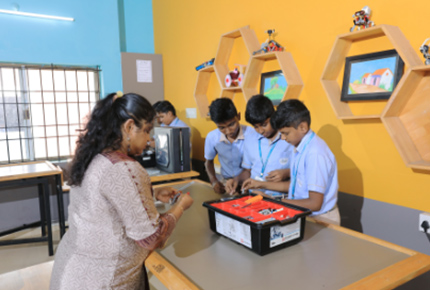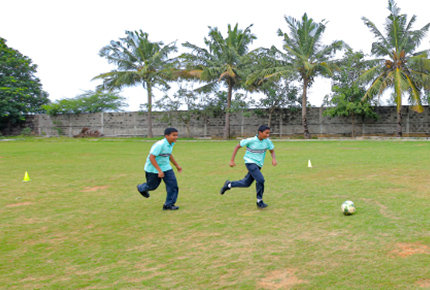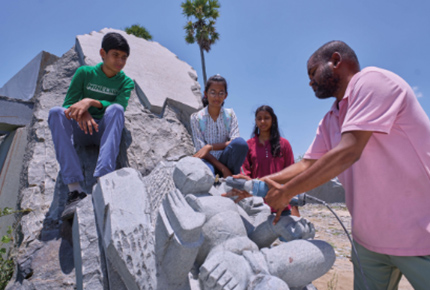Middle Stage
Grades 6 to 8

The Middle Stage at Shree Niketan, spanning Grades 6 to 8, marks the transition from foundational learning to analytical thinking. Guided by the National Education Policy (NEP) 2020, our multidisciplinary, discovery-oriented approach deepens curiosity, shapes values, and nurtures both intellectual and emotional growth. Students are encouraged to question, explore, and connect concepts across disciplines, fostering independent thought and problem-solving skills. Co-curricular opportunities further support creativity, collaboration, and character building, ensuring well-rounded development. From Grade 6, we also introduce the 7-Year IIT(JEE)/NEET Program, a tiered pathway that builds strong foundations and equips students to excel in competitive exams with clarity and confidence.
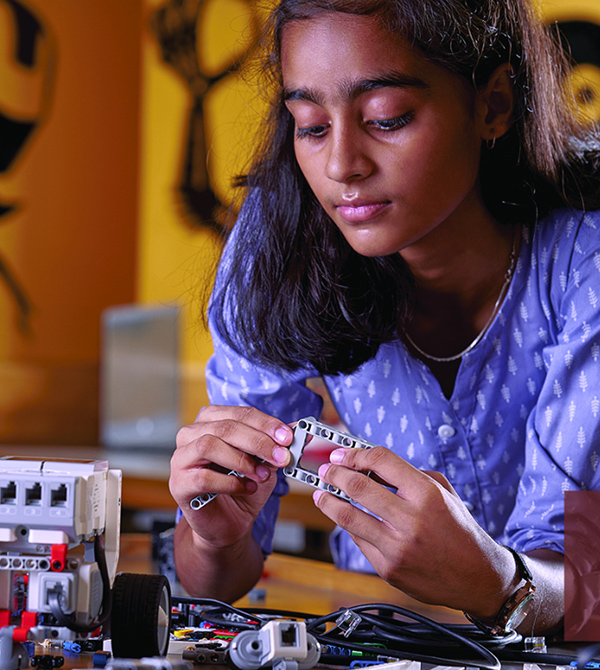
Transition to
Subject-Centric Learning
At this stage, students are guided by subject-specific teachers, with a curriculum that is more defined and content-rich. While the focus shifts to deeper subject knowledge, rote learning is discouraged, and greater emphasis is placed on understanding, application, and critical thinking. This ensures that students view learning as meaningful and interconnected, rather than isolated chunks of information.
Inquiry-based
learning
learning
Peer
collaboration
collaboration
Real-world
problem-solving
problem-solving
Interdisciplinary
projects
projects
English & Second Language
(Tamil / Hindi)
Critical reading, formal writing, comprehension, public speaking, and language structure
Literature discussions and comparative analysis
Science
(Physics, Chemistry, Biology)
Lab-based experiments, STEM kits, science fairs
Early exposure to scientific inquiry and hypothesis testing
Computer Science & Coding
Algorithmic thinking, basic programming, data representation
Online safety, digital ethics, and productivity tools
Subject-Wise
Academic Structure
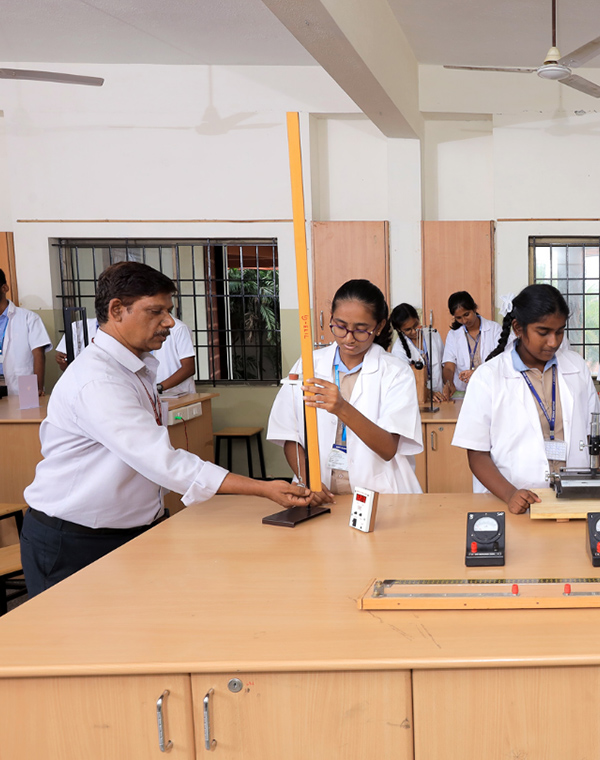
Mathematics
Algebra, geometry, statistics, data interpretation, and mathematical reasoning
Visual learning through models, digital simulations, and practical exercises
Social Science
(History, Geography, Civics, Economics)
Mapping exercises, case studies, debates, and documentary screenings
National identity, civic responsibility, and global citizenship
Art, Music, Physical
Education, and Yoga
Integral to emotional regulation,
physical fitness, and
holistic well-being
physical fitness, and
holistic well-being
Emphasis on Analytical & Abstract Thinking
Through group discussions and collaborative activities, students learn to question, analyze, and interpret information, fostering deeper understanding. This approach builds critical thinking, problem-solving, and evidence-based reasoning skills.
Projects, lab journals, presentations, and group challenges are structured to enable students to apply what they learn in authentic contexts.
Emotional Intelligence
and Peer Relationships
This stage also marks the onset of adolescence.
Our educators are trained not just in pedagogy,
but also in adolescent psychology. Shree Niketan provides:
Our educators are trained not just in pedagogy,
but also in adolescent psychology. Shree Niketan provides:
Life Skills Education
Gender Sensitivity Programs
Counselling and Mentorship Sessions
Safe Spaces for Dialogue and Expression
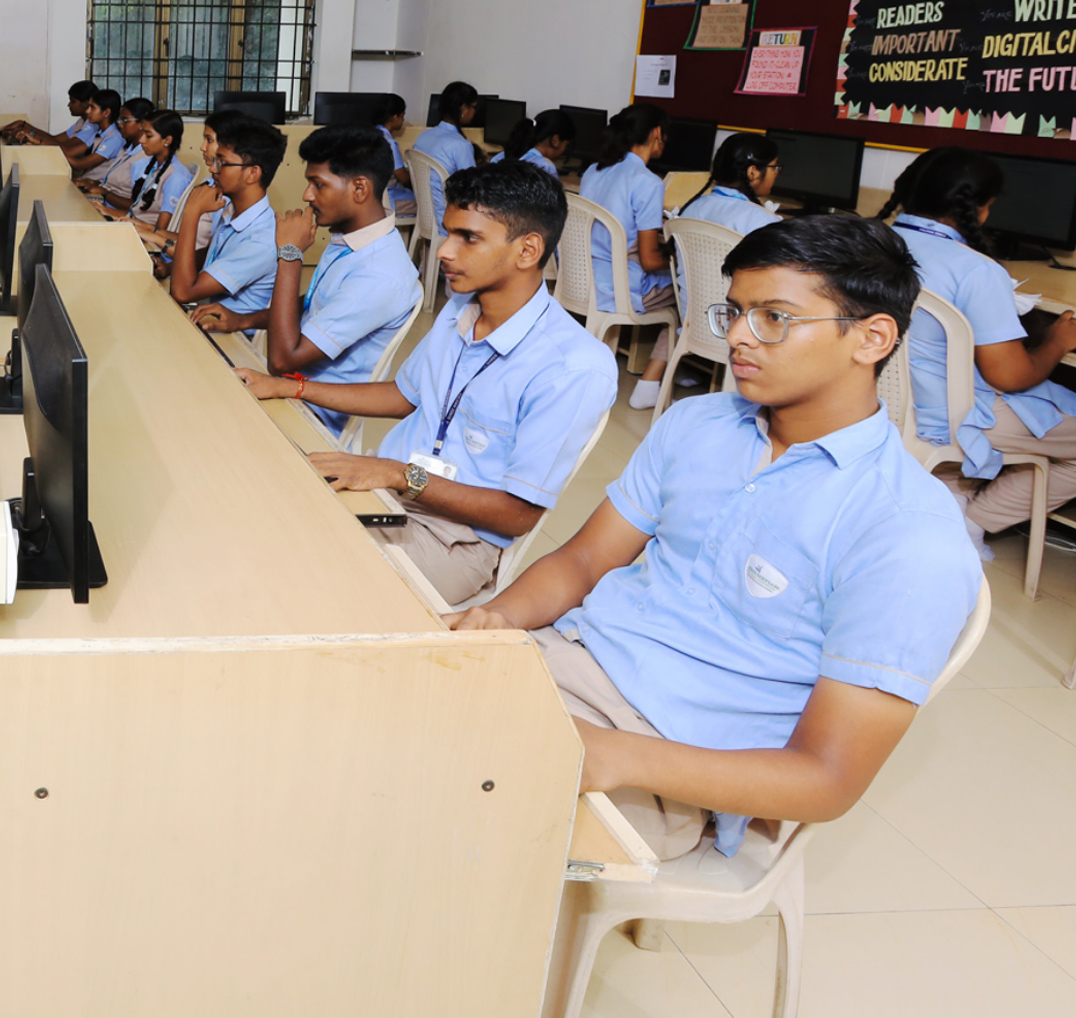
Technology Integration
Instead of focusing solely on marks, we look for growth in understanding, consistency in performance, and attitude toward learning.
Students also begin maintaining personal learning journals and reflection logs, which help them build metacognitive awareness.
We use a combination of:
Diagnostic assessments
Continuous internal evaluation
Individual and group projects
Periodic written tests
Technology Integration
Technology is integrated as a learning enabler, not just a subject. With tools like the ones listed below, we also introduce students to basic digital research skills and presentation tools that prepare them for future academic projects.
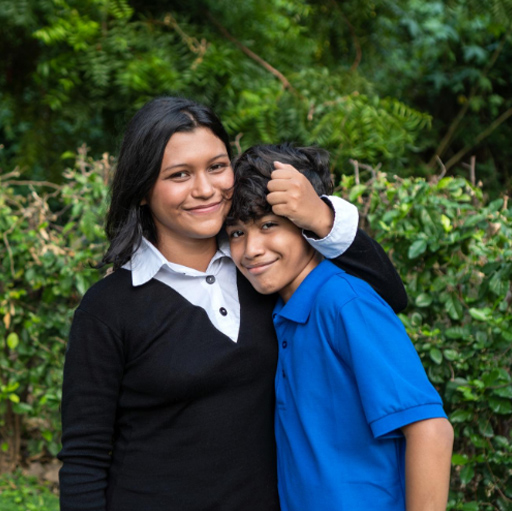
Parent-School
Partnership
As children in this stage begin asserting independence, we offer frequent parent orientations and workshops on adolescent needs, screen management, emotional changes, and academic support.
Parents are kept informed through:
Progress reports
Regular feedback meetings
Digital platforms that share student performance and homework
Co-curricular and Leadership Opportunities
Students in the Middle Stage have access to the following. These build confidence, empathy, and a sense of purpose.
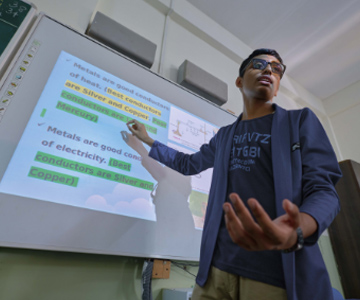
School parliament and house leadership roles

Interschool competitions (debate, quiz, athletics)

Field trips and heritage walks
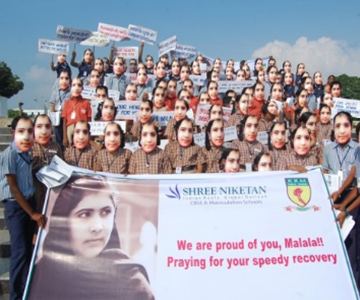
Community service programs

Shree Niketan’s
Unique Contribution
We believe that this stage is when young learners must be taught not just how to think, but how to care. Our curriculum sharpens their intellect while anchoring them in compassion, responsibility, and a love for learning.
This is the stage where students become individuals with ideas, convictions, and dreams. And Shree Niketan becomes their launchpad
By the end of Grade 8, students are:
Independent learners and thinkers
Empathetic and emotionally mature
Ready for academic rigor of the Secondary Stage
Aware of their talents and aspirations









